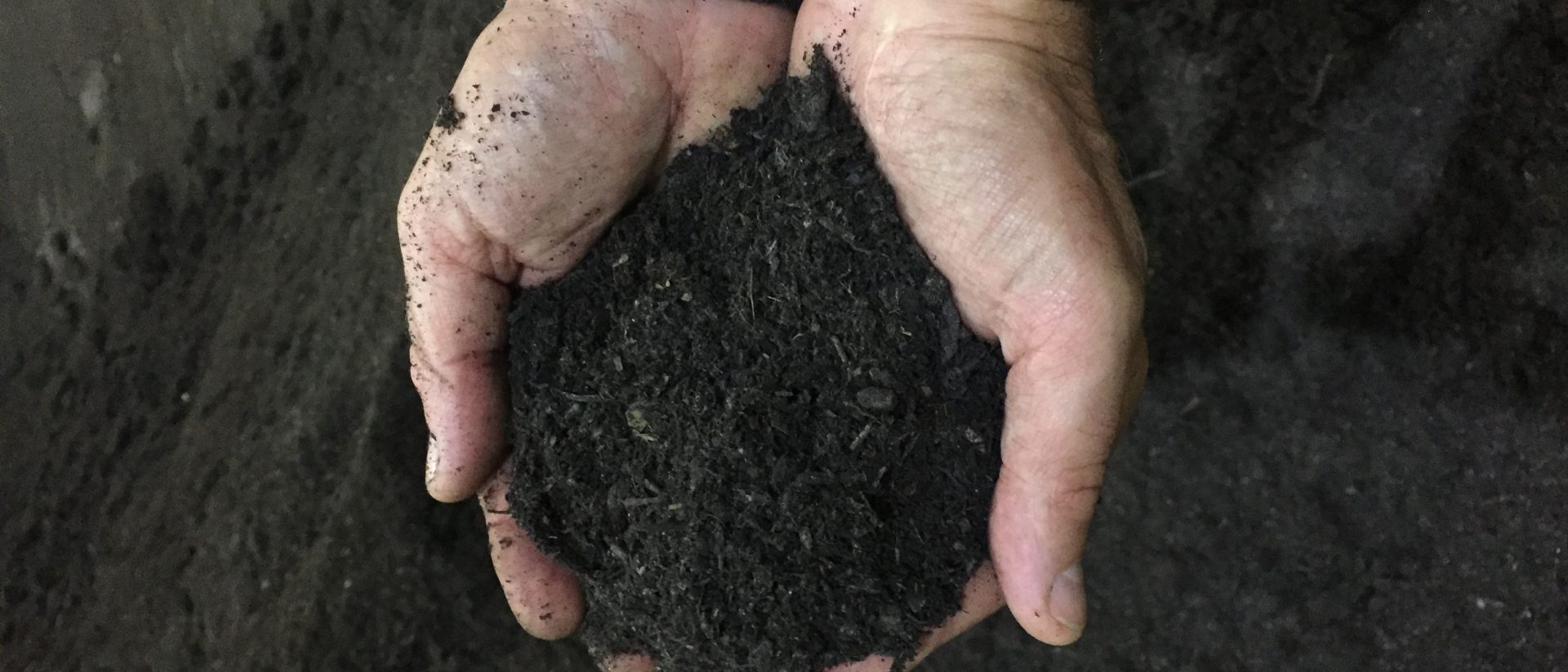- The REA welcomes the Government’s ban on the sale of peat for amateur horticulture by 2024;
- Quality composts and mature fibre digestates can play a role as alternative ingredients in growing media;
- Calls for the Government to support professional horticulture sector to transition to peat-free alternatives.
The Association for Renewable Energy and Clean Technology (REA) welcomes the news that the Government have recognised the importance of protecting our precious peatlands and are banning the sale of peat for amateur horticulture by 2024.
Peatlands are the UK’s largest stores of carbon. They provide vital ecosystem services such as supplying over a quarter of the UK’s drinking water, decreasing flood risk, and providing food and shelter for rare wildlife. When peat is extracted, the carbon stored inside the bog is released as carbon dioxide, contributing to climate change.
Peat is extracted in the UK primarily for horticultural purposes, with its amateur horticulture sector using almost 79% of growing media in 2020. In addition, two thirds of peat sold in the UK is imported from the rest of Europe – so contributing to carbon emissions and habitat loss outside the UK. The REA supported the proposed ban during the consultation earlier this year.
Banning the retail sale of peat and peat containing products for amateur horticulture is the best way to tackle the harmful extraction of peat and composts and matured fibre digestates can play a role as alternative ingredients.
The REA also calls for the Government to support the professional horticulture sector to transition to peat-free alternatives.
Jenny Grant, Head of Organics at the REA, said:
“The REA welcomes the banning of peat containing products for use in the amateur gardening sector. Peatlands are valuable ecosystems and stores of carbon and these must be protected. Our members produce composts and digestates which can be suitable alternative growing media ingredients and, not only do they not degrade peatlands, but they are also sustainably produced through the recycling process.
“We also support the earliest possible ban on the sale of peat and peat-containing products for the professional horticulture sector and want to see the Government support efforts to find peat-free growing media alternatives which can be sustainably sourced at scale in a cost-effective way.
—ENDS—

